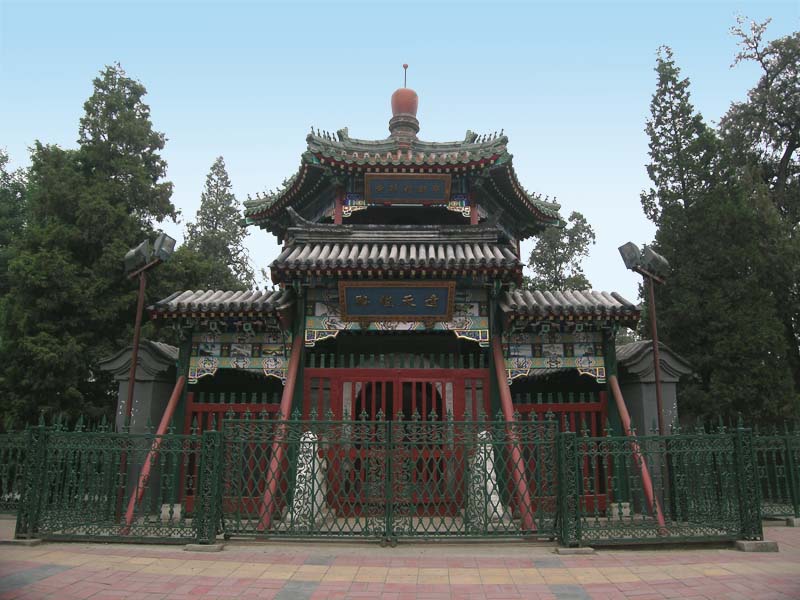
Religious Context Analysis
China has a population of approximately 1.3 billion. According to a 2007 survey, 31.4 percent of citizens ages 16 and older are religious believers. However, China does not recognize a wide range of religions, religious practices or groups.There are only five state-sanctioned religions in China: Buddhism, Catholicism, Islam, Protestantism and Taoism. There are estimated to be 100 million Buddhists in China, and up to 50 million Muslims. The number of Catholics in China is estimated to be around 12 million, while the Protestant population is somewhere between 70 and 90 million. Finally, Taoism is estimated to make up around 1 percent of the adult population of China.
China’s current framework toward religion is best described as restrictive. According to Wang Zuo’an, the new head of The State Administration for Religious Affairs (SARA), “The starting point and stopping point of work on religion is to unite and mobilize, to the greatest degree, the religious masses’ zeal, to build socialism with Chinese Characteristics.” Policy regarding religion is usually adopted to further state economic and social goals rather than to promote religious freedom.
The 2005 State Council Regulation on Religious Affairs (RRA) provides some legal protection and benefits for religious groups that register with the government. This Regulation makes no mention of the five official religions, making it theoretically possible for other religions to register and attain “official” status as well (although no additional religions have been recognized to date). However this benefit comes with strings attached that impose governmental regulation and oversight, which can amount to political adjustments in doctrine and practice. Nonetheless, such protection largely prevents harassment from national and local government officials. unregistered groups and other religions are vulnerable to being labeled cults or superstitions, which are subject to official intervention and even criminal punishment. Also, there are no public criteria for determining or procedures for challenging such a label.
Constitutional Provisions and Statues on Religion
- Citizens of the People’s Republic of China enjoy freedom of speech, of the press, of assembly, of association, of procession and of demonstration.
- Citizens of the People’s Republic of China enjoy freedom of religious belief.
- No state organ, public organization or individual may compel citizens to believe in, or not to believe in, any religion; nor may they discriminate against citizens who believe in, or do not believe in, any religion.
- The state protects normal religious activities. No one may make use of religion to engage in activities that disrupt public order, impair the health of citizens or interfere with the educational system of the state.
- Religious bodies and religious affairs are not subject to any foreign domination.